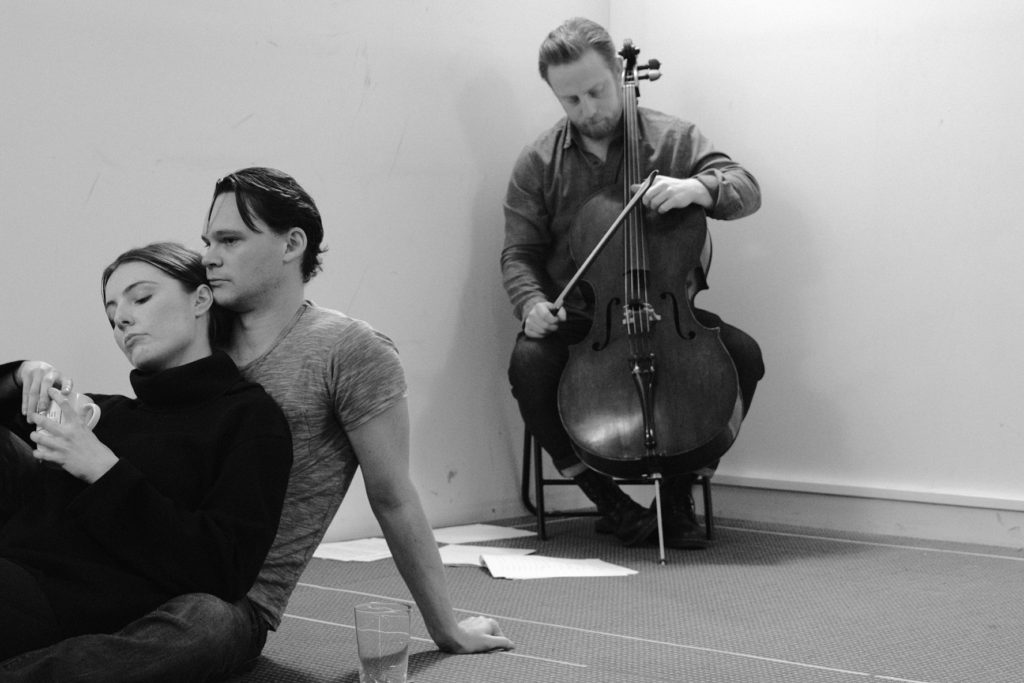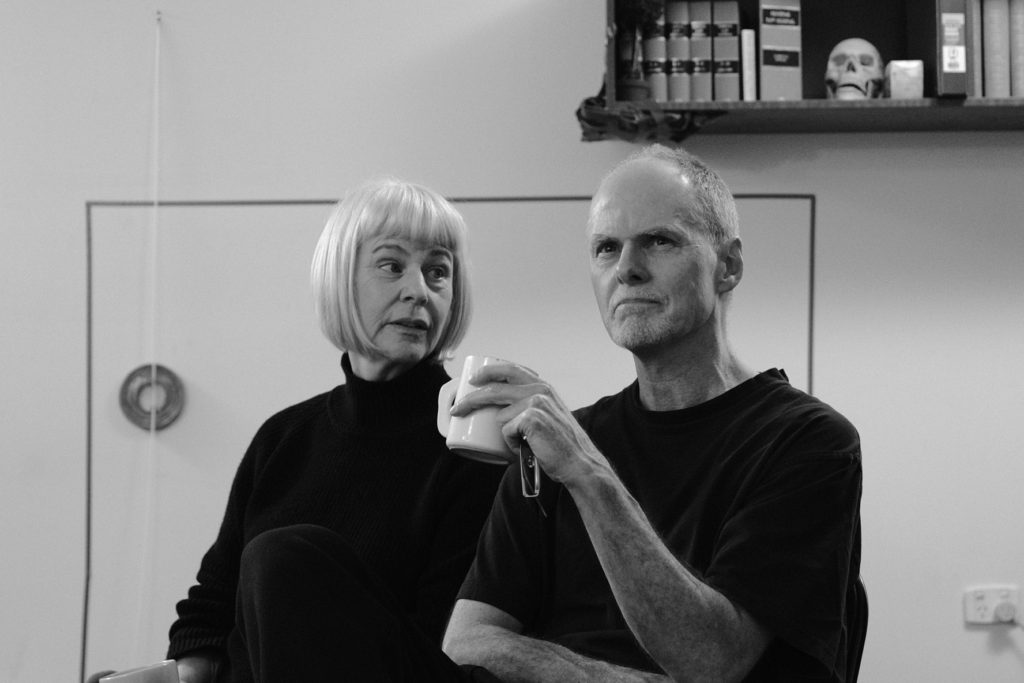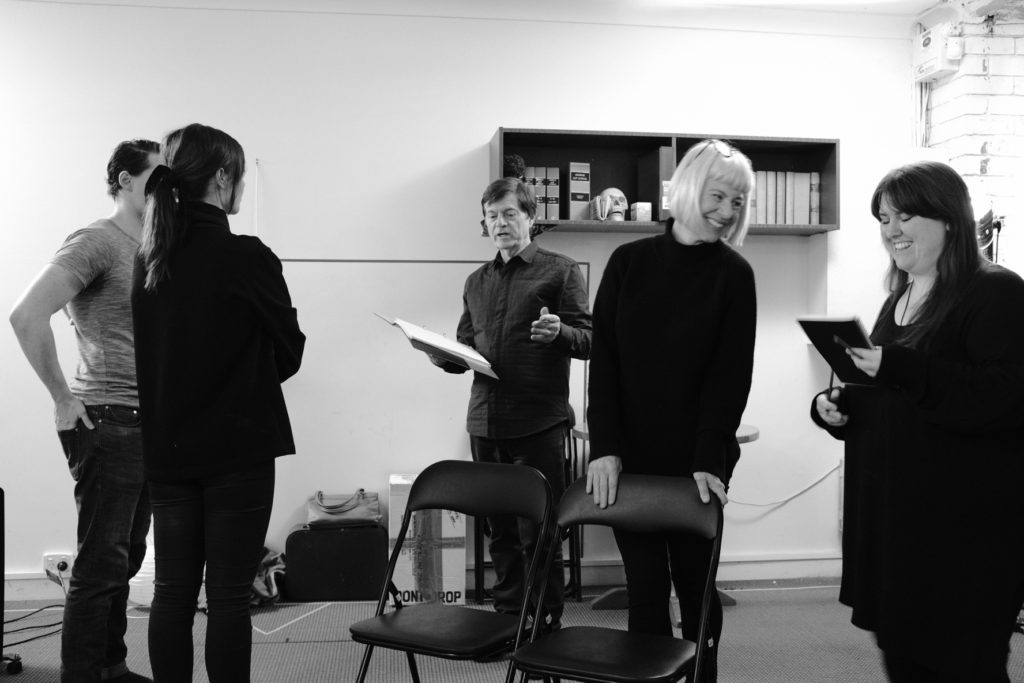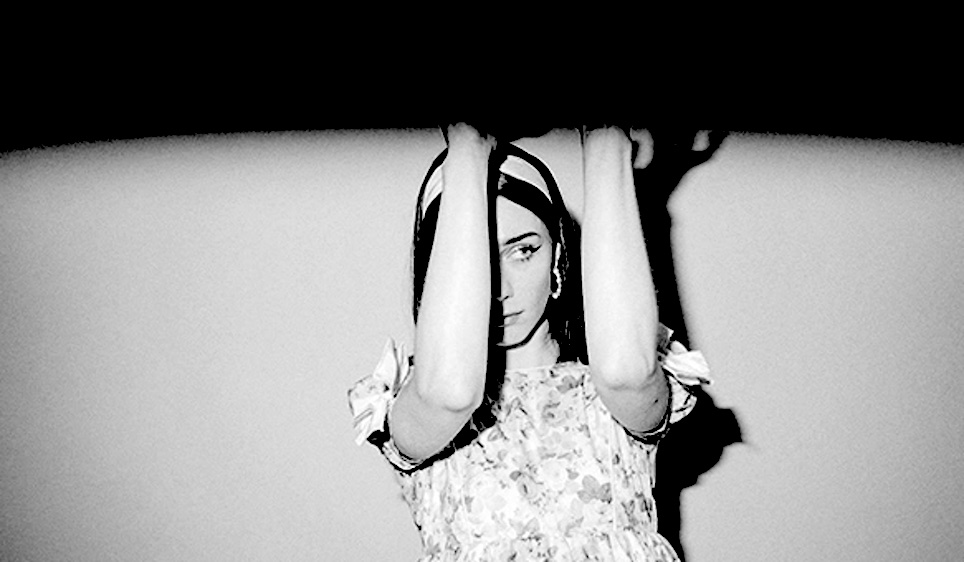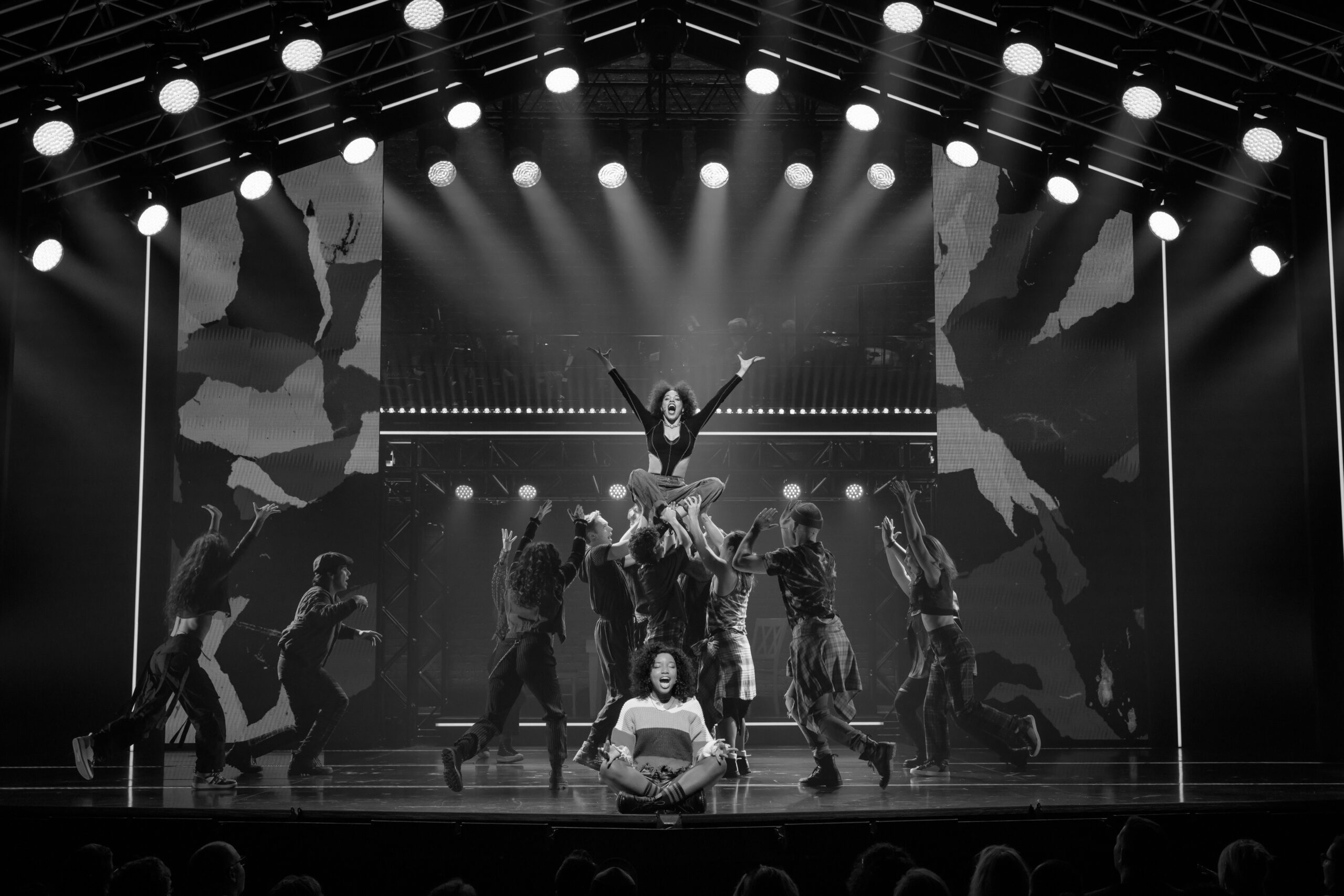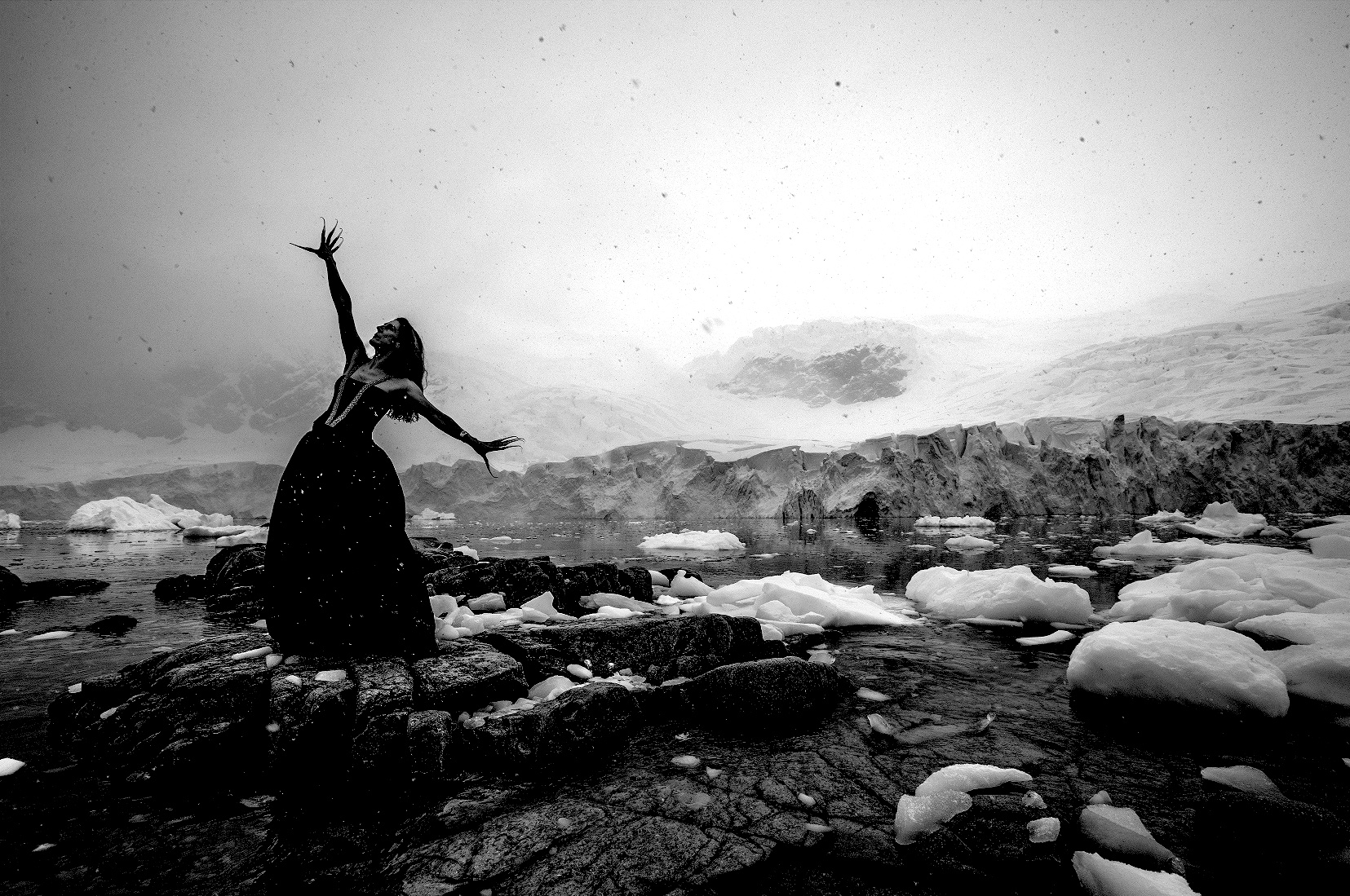LOVESONG
Lovesong is a touching play; both melancholic and sweet, the production explores themes that are universal to almost all of us; falling in love and growing old. With a live Cello soundtrack and heart-achingly tender scenes, it’s surely one to have you reaching for the tissues. The Melbourne Critique spoke with director, Denny Lawrence, about his impressive and expansive career in theatre, television and film, as well as what audiences can expect from Lovesong, his latest project.
Can you briefly tell me about yourself and your experience in the entertainment industry?
I’ve been in the business my whole life from childhood when I was an actor, I studied professionally at the National Institute of Dramatic Art and worked as a professional actor for a few years before then going to the film and television school in Sydney where I graduated from. Since then I’ve been working largely in film and television but returning now and again to theatre, which obviously I’m doing at the moment.
How has your experience as an actor, teacher and writer helped you in your work as a theatre director?
I think it all informs each other. The work is always about script and performance whether you’re the writer or the performer or the director. To me its about what story we’re telling and the way in which we’re telling it. In the theatre it can be quite realist, so it’s closer to the work of film and television, or like Lovesong it can have a much more theatrical structure, and a much more open style that connects with the audience in a very different way. It’s very much about language, it’s very much about ideas and themes being expressed more overtly.
What can audiences expect from Lovesong?
It’s a very sweet and life-affirming play but also of course a rather melancholy one because of the nature of the story and the relationship in the play. I think it’s strength to me is that it’s terribly just moving, very touching, and at the same time in the end it is very positive about the relationship at the centre of the play. It’s a play about two people played by four actors; you see them when they’re young and you see them when they’re older towards the end of their lives. You’re able to track the journey of the marriage right through all those years by going backwards and forwards. It’s a really compelling piece for anybody who’ve been in a relationship, which is most people in the audience, but it speaks to younger people in the throws of a new relationship and it speaks to people who have been together for some time, like the couple in the play.
Was capturing the universal experiences of falling in love and growing old an emotional or challenging journey for you personally?
Yes, it is for all of us. It’s a very emotional piece and there are different things for everybody in it but all of us have familiar moments in the play that touches very deeply. We have this live cello playing in the show as well, which is a very emotional instrument, so it’s the sort of play that really digs deep into you psyche, into your feelings, and while there are plenty of laughs and smiles and so on, there’s a lot of deeply felt, melancholic moments as well.
What are your plans for future projects?
I’ve enjoyed working in theatre in just the last couple of years. This is the fifth production I’ve done this year. So, I’m enjoying having some time out of the film and television world which is a very different schedule, and a very grueling one for directors getting up awfully early, very long hours. I will be going back to that, I have television projects in development, but I’ve also got a theatre musical that I’ve been developing over the last couple of years with music performer Phillip Croft; we were chosen by the Music Theatre Fund to develop that last year and we’re talking to some management now about trying to get that out. That will be a major project.

